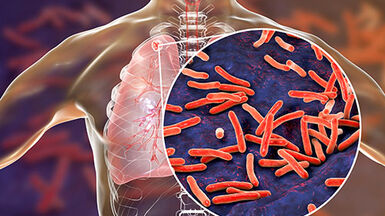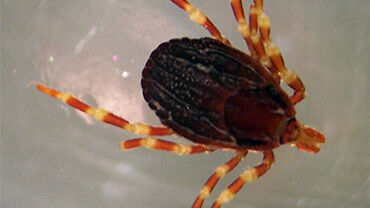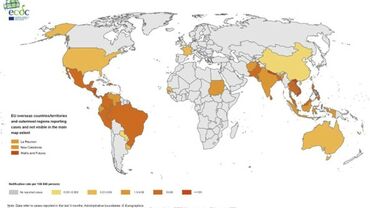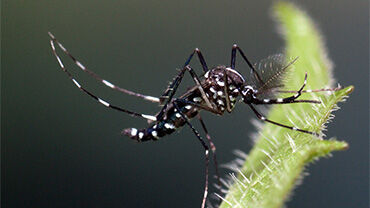World Health Day 2014: focusing on vector-borne diseases in Europe
2014, the focus of World Health day was on vector-borne diseases. World Health Day is a worldwide initiative celebrated every year on 7 April to mark the anniversary of the founding of the World Health Organization (WHO) in 1948.
This year, the focus of World Health day is on vector-borne diseases. World Health Day is a worldwide initiative celebrated every year on 7 April to mark the anniversary of the founding of the World Health Organization (WHO) in 1948. Vector-borne diseases are transmitted mainly by bites of vectors such as mosquitoes, ticks, sandflies, that can carry pathogens from person to person and place to place. Dengue and malaria are important mosquito-borne viral diseases, often also referred to as ‘tropical’ diseases. Globally, dengue is the most common mosquito-borne viral disease, with an estimated 390 million infections per year and 40% of the world’s population at risk. Tick-borne diseases are also of public health concern in Europe. Tick-borne encephalitis (TBE) is endemic in Europe and due to its medical significance was recently added to the list of notifiable diseases. A further important viral vector-borne disease is West Nile fever (WNF). As highlighted in the Eurosurveillance editorial published last week, climate change, international trade and travel influence the distribution of vector-borne diseases in Europe.
In accordance with its mandate, ECDC monitors and evaluates the risk of emerging vector-borne diseases to EU by issuing risk assessments and epidemiological updates on outbreaks occurring in Europe or EU overseas territories. Jointly EFSA and ECDC collect data on vectors and vector-borne diseases and analyse spread in the European Union. ECDC collects environmental and climatic data through the E3 Network that are used to predict the environmental suitability for vector-borne disease transmission in Europe. The E3 Geoportal promotes and facilitates geospatial infectious disease modelling in Europe. It is a hub for data exchange and scientific collaboration between researchers in the area of environment and infectious diseases. Personal prevention measures and vector surveillance at country level are key to prevention and control of vector-borne diseases. In partnership with The WHO Regional Office for Europe and EFSA, ECDC continues its work to raise awareness both of vector-borne diseases and of vectors that transmit the disease.







